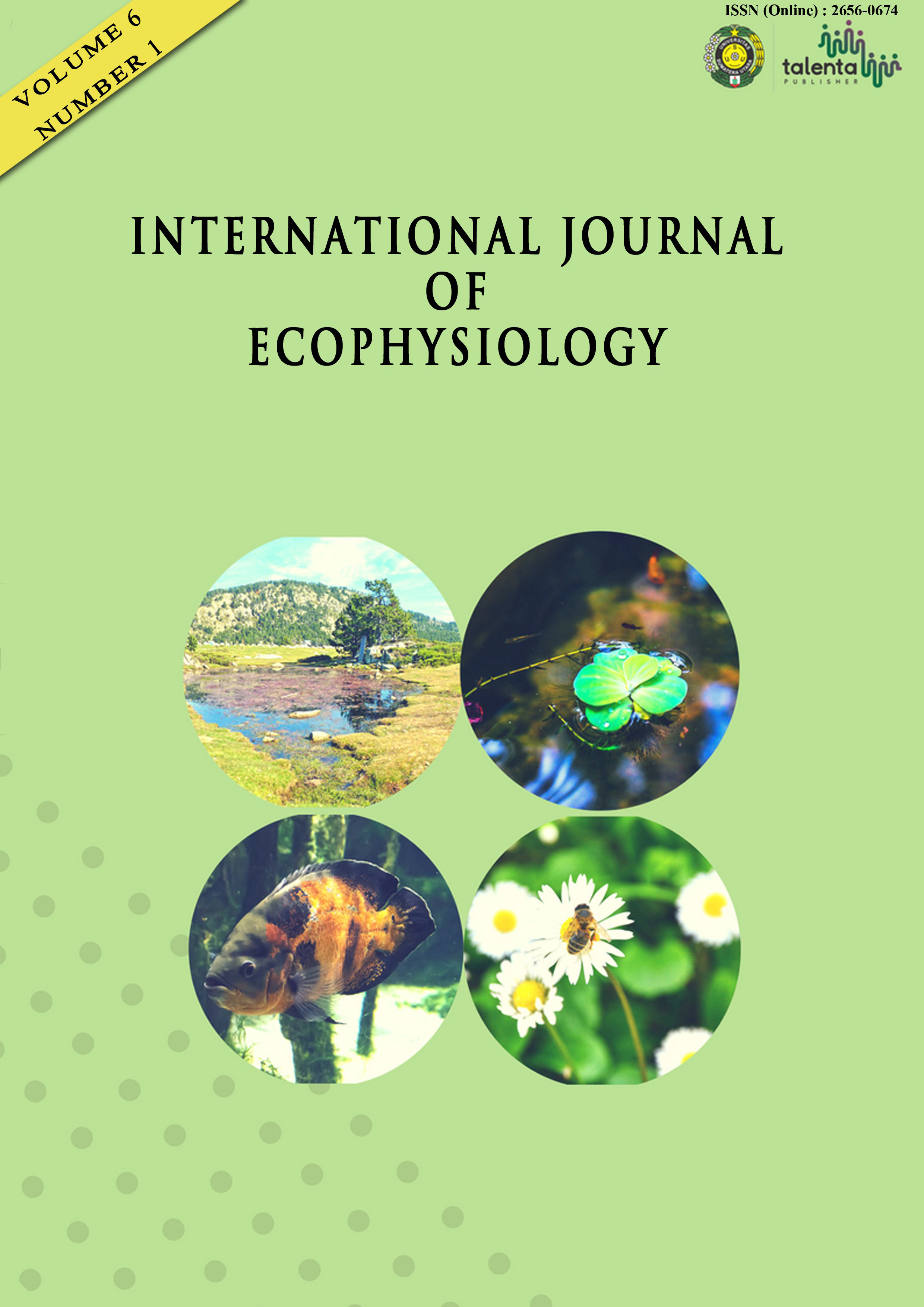Conflict Mitigation Practices and Conservation Awareness of Orangutans: A Case Study from Tangkahan Ecotourism, Leuser Ecosystem, Indonesia
DOI:
https://doi.org/10.32734/ijoep.v6i1.14274Keywords:
Orangutan, Conflict, Mitigation method, Conservation awareness, EcotourismAbstract
Killing orangutans in human-orangutan conflicts threatens their populations. Individuals with high conservation awareness tend to tolerate orangutans' crop foraging. In our study in Tangkahan ecotourism, Leuser Ecosystem, Indonesia, we examined local community mitigation methods and their understanding of orangutan conservation. We utilized a convenience sampling method for this study, primarily serving as a pilot study to test the questionnaire we had designed. This questionnaire consisted of open-ended questions used in semi-structured interviews. We conducted interviews with 16 respondents, all of whom willingly participated and allowed us to record their responses. Our findings revealed that the most commonly employed mitigation methods by the local community were the use of firecrackers and traditional crop guarding. Notably, these methods were non-lethal in nature, which aligns with the respondents' overall conservation awareness. All participants demonstrated knowledge of the protected status of orangutans, and some provided further insights into their rarity, endangerment, population decline, habitat degradation, and endemism. Their positive attitude likely stems from the impact of ecotourism.














